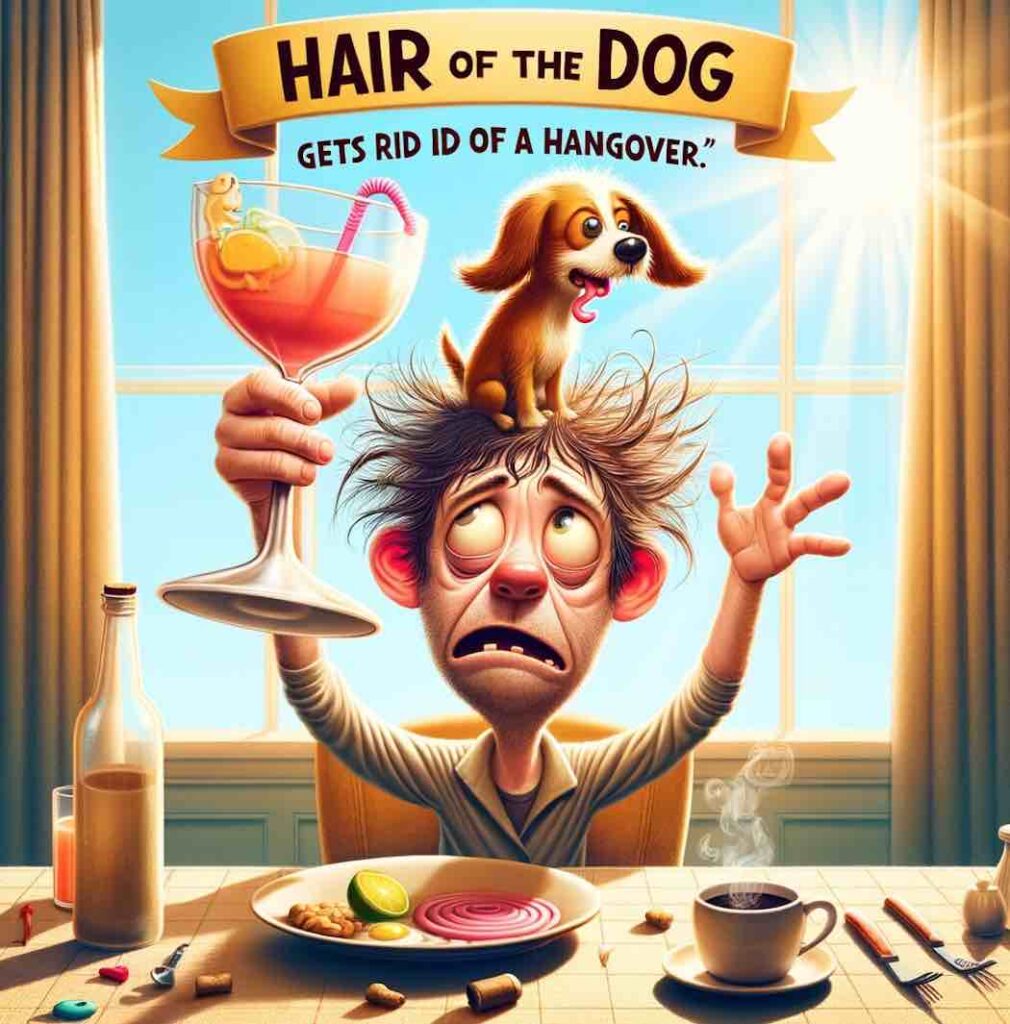Are you aware that some of the most widespread health beliefs are de facto myths? Health is our most important asset and we should take care of it at all costs. However, we might be misled by popular assumptions that are not supported by any evidence or science like “cold weather causes the flu.” These folk tales can range from harmless to harmful, depending on how they affect our behaviour and choices. Ten of this ridiculous yet common health myths will be exposed today in order to stop them once and for all.
Content:
- Myth 1: Cracking Your Knuckles Causes Arthritis
- Myth 2: Coffee Dehydrates You
- Myth 3: Hair of the Dog Gets Rid of a Hangover
- Myth 4: Carrots Give You Night Vision
- Myth 5: You Need to Drink Eight Glasses of Water Per Day
- Myth 6: Cold Weather Causes Sickness
- Myth 7: High-Fat Foods Are Harmful for You
- Myth 8: We Use Only 10% of Our Brains
- Myth 9: Vaccines Can Cause the Flu or Autism
- Myth 10: Organic Food is Better
Today’s Focus of Attention is reader-supported. We sometimes include products we think are useful for our readers. If you buy through links on this page, we may earn a small commission.
Myth 1: Cracking Your Knuckles Causes Arthritis

Knuckle-cracking is an inoffensive habit that does not cause arthritis or any other joint problems. Indeed, the noise you hear when you crack your knuckles is the release of gas bubbles from the synovial fluid that lubricates your joints.
There’s no evidence that making your hands sound like popcorn damages your cartilage or increases your risk of developing osteoarthritis but doing it too hard may cause swelling or reduce grip strength.
Myth 2: Coffee Dehydrates You
Coffee is a mild diuretic, meaning it can make you urinate more. Nevertheless, this does not mean it dries you up.
The amount of water in coffee is enough to offset any dehydration effects from caffeine. In fact, coffee and other caffeinated beverages contribute to your daily fluid intake and hydration status, as per Mayo Clinic.
Of course, you shouldn’t drink coffee the whole day, as too much caffeine has negative consequences such as insomnia, anxiety, and heart palpitations.

Myth 3: Hair of the Dog Gets Rid of a Hangover

“Hair of the Dog” is a colloquial term for drinking alcohol in the morning to cure a hangover from the night before.
This is not a good idea, as it can worsen your price-of-fun symptoms and prolong your recovery since alcohol is a toxin your body needs to metabolise and eliminate. So, drinking more of the nectar of the gods will only add more toxins to your system and delay the process.
The best way to prevent or treat a hangover, apart from avoiding liquor, is to drink plenty of water, eat a balanced meal, and get enough rest.
Myth 4: Carrots Give You Night Vision
Carrots are rich in beta-carotene, a precursor of vitamin A, essential for eye health. But eating carrots will not grant the ability to see in the dark like a cat. Night vision depends on the number and action of rod cells in your retina, which are sensitive to low-light conditions.
Vitamin A deficiency can impair the function of rod cells and cause night blindness, but devouring tonnes of rabbits’ favourite snacks won’t reverse this condition or enhance your nocturnal eyesight beyond normal levels.
To protect your sight, avoid smoking, wear sunglasses, and get regular eye exams.

Myth 5: You Need to Drink Eight Glasses of Water Per Day

You must drink enough water to stay hydrated and healthy, it’s true. But there is no universal rule on how much you should consume because it depends on factors such as your age, weight, activity level, climate, and health conditions.
The eight glasses recommendation is based on a misinterpretation of a 1945 government report suggesting an average daily intake of 2.5 litres of water for adults. However, this advice also stated that most of this water comes from food and other beverages.
Thus, you do not need eight glasses of plain water on every rotation of the Earth to meet your hydration needs.
Myth 6: Cold Weather Causes Sickness
Low temperatures do not directly cause diseases or infections. You get sick when ‘viruses’ or bacteria invade your body and trigger an immune response.
What happens is freezing climates may weaken your immune system or make you more susceptible to catching the flu from someone else, but it does not create or transmit germs by itself. Consider the case of winter athletes who spend hours in the open air but don’t fall sick more often than others, showing that cold weather itself isn’t the culprit for common colds.
To prevent falling ill in chilly seasons, always wash your hands, avoid touching your face, cover your mouth when coughing or sneezing, and get vaccinated against the seasonal flu.

Myth 7: High-Fat Foods Are Harmful for You

Not all fats are equal. Some are indeed good for you and essential for your health. These include monounsaturated and polyunsaturated fats found in olive oil, nuts, seeds, fish, and avocado, which lower your bad cholesterol levels and support your brain function.
On the other hand, you should limit your intake of the saturated and trans ones, like butter, cheese, red meat, and processed foods. These fats can raise your LDL, increase your risk of heart disease and stroke, and cause inflammation.
Myth 8: We Use Only 10% of Our Brains
We indeed work with 100% of our mind power, even when we are sleeping or daydreaming. The 10% folk tale is a popular misconception perpetuated by movies, books, and media on the false assumption that we have a large amount of unused cerebral matter that we could tap into to enhance our intelligence and abilities.
Neuroscience has shown that every part of the brain has a specific role and is active, with techniques revealing no dormant or inactive neural regions.

Myth 9: Vaccines Can Cause the Flu or Autism

Vaccines are safe and effective ways to prevent serious and life-threatening diseases, stimulating your immune system to produce antibodies to fight off the disease-causing agents.
The flu jab, for instance, contains either inactivated or weakened viruses that won’t lead to infection, while the autism vaccine link was based on a study which was retracted and discredited.
Myth 10: Organic Food is Better
Organic agriculture does not use synthetic fertilisers, pesticides, hormones, antibiotics, or genetically modified organisms, but it’s not necessarily more nutritious or safer than traditional farming.
Studies have found no significant difference in the nutrient content or health benefits of organic and conventional foods.
Here, you’ll find an article we wrote about this topic.

The path to true wellness isn’t paved with fables and misconceptions, but with education and evidence-based practices. Let’s commit to being health-savvy by questioning popular beliefs and seeking out reliable, scientific information so we can dismantle tales and build a foundation of factual knowledge for ourselves and our communities. Do you know any other myths? Please share them with us.


